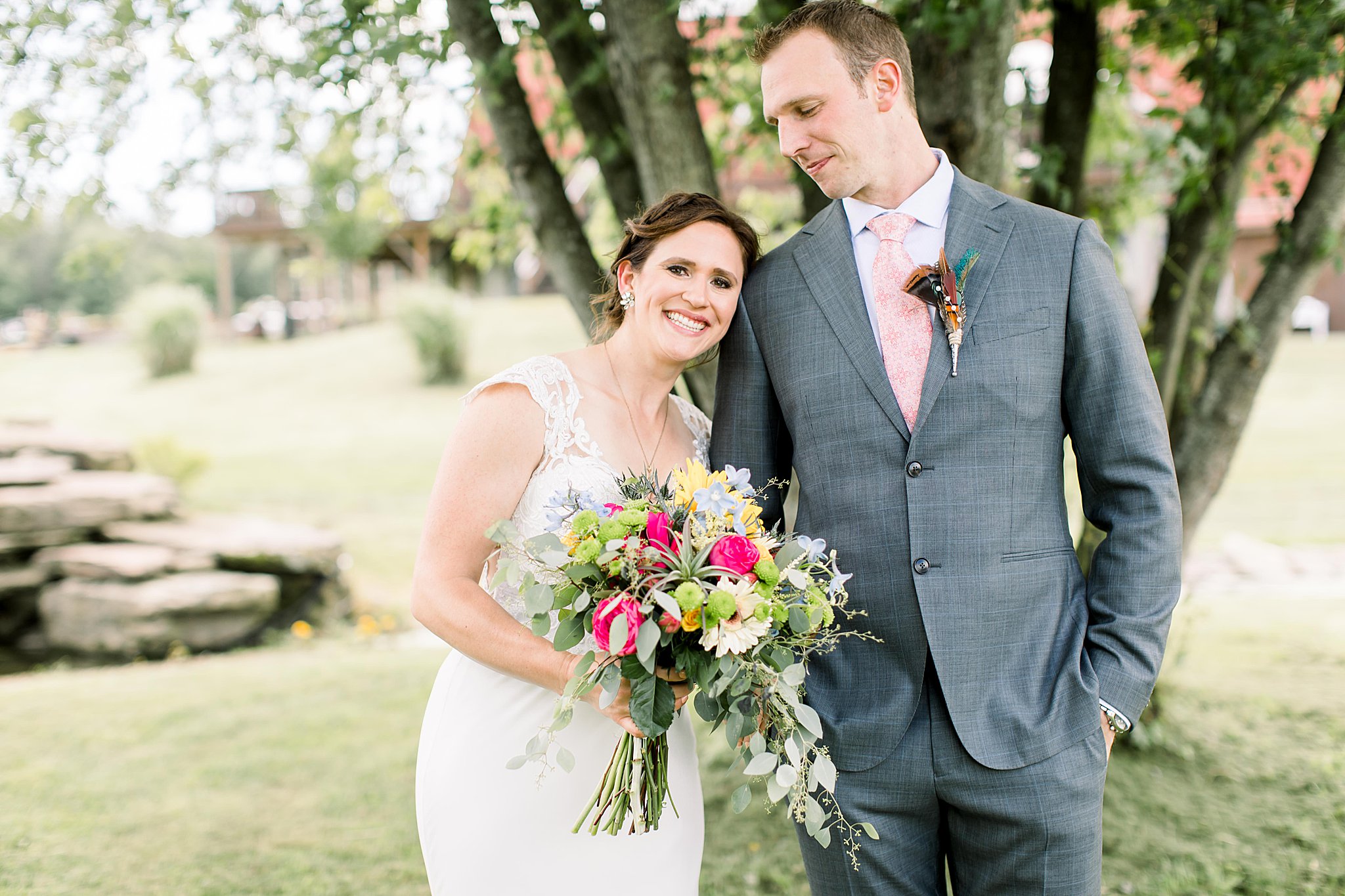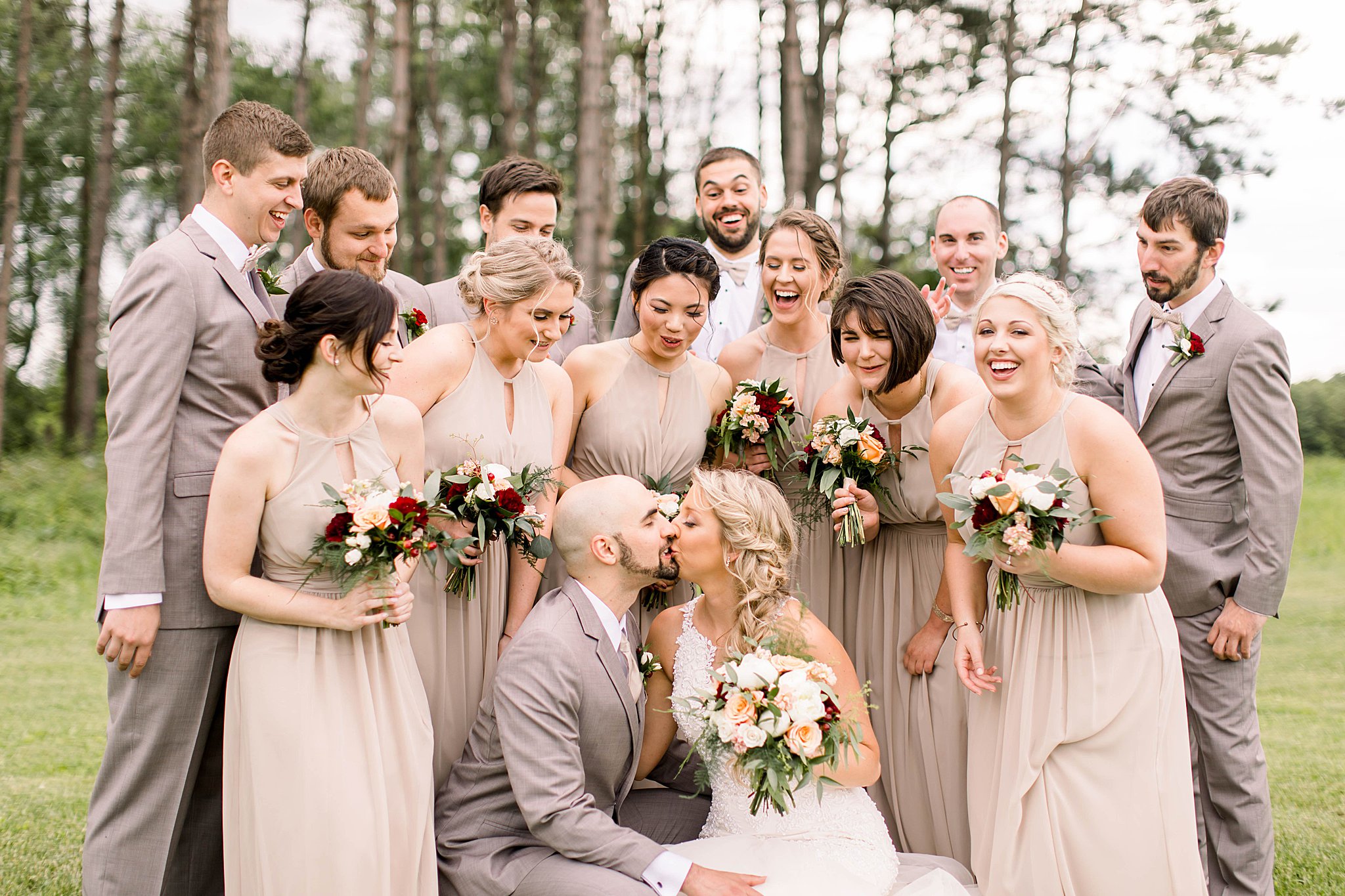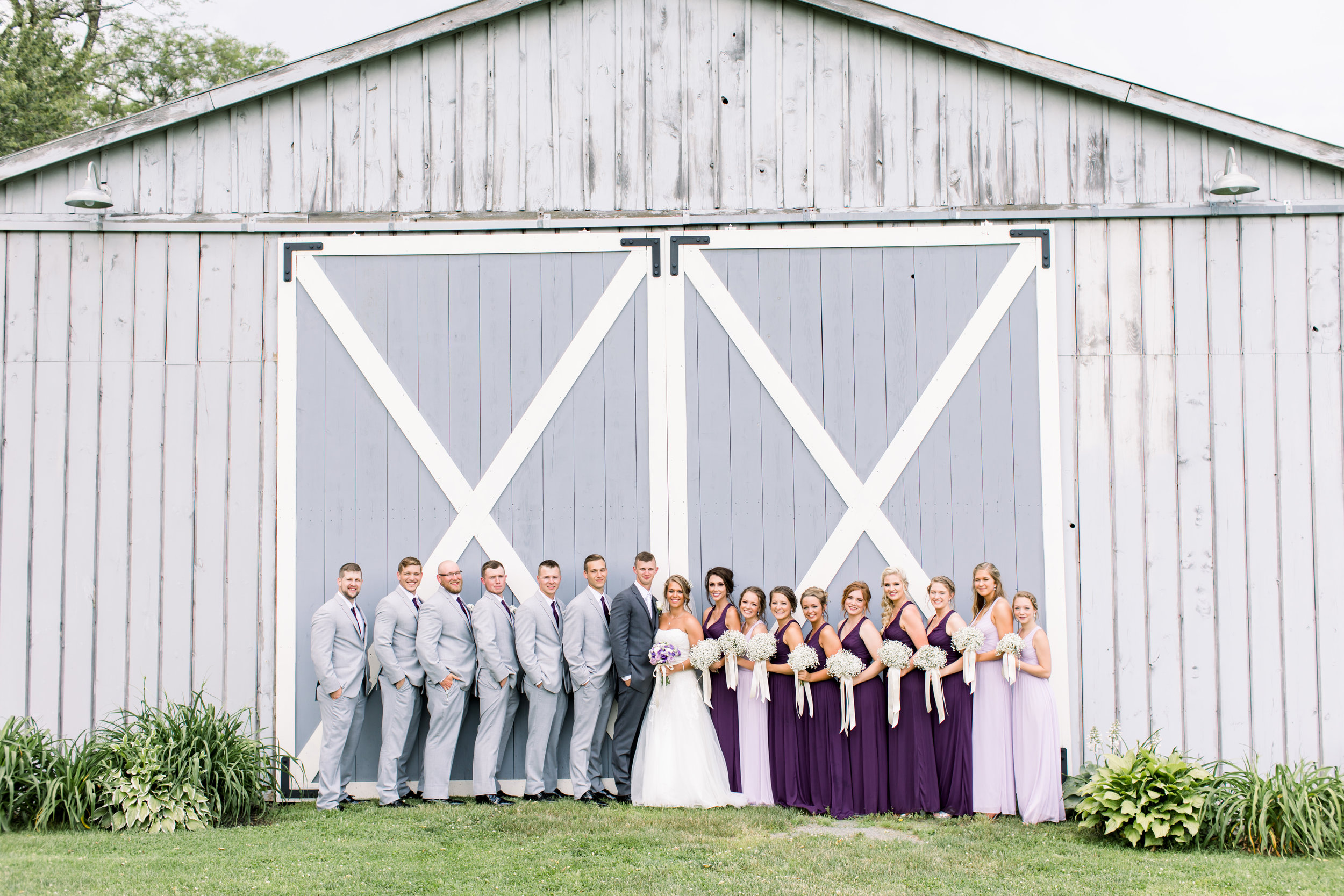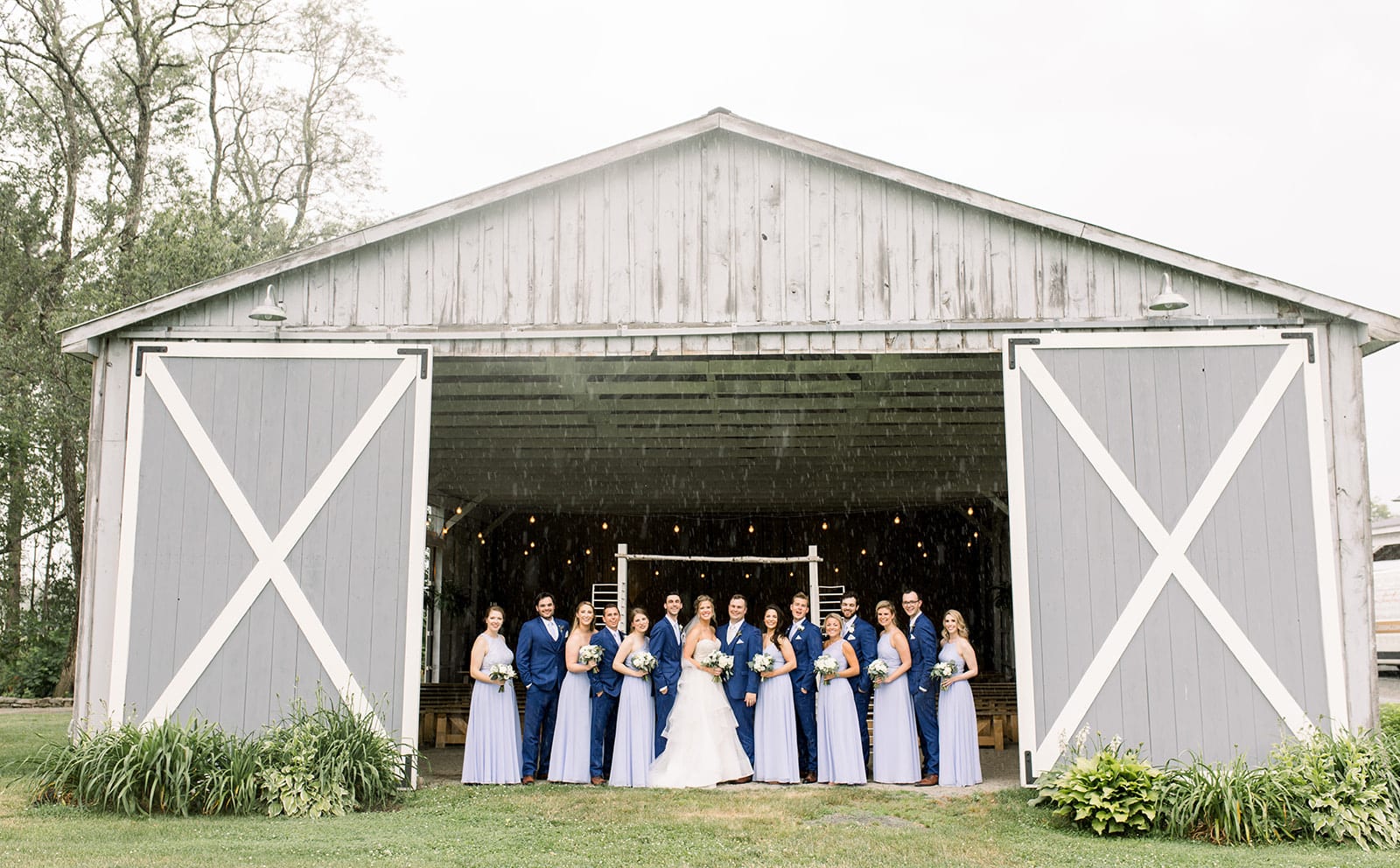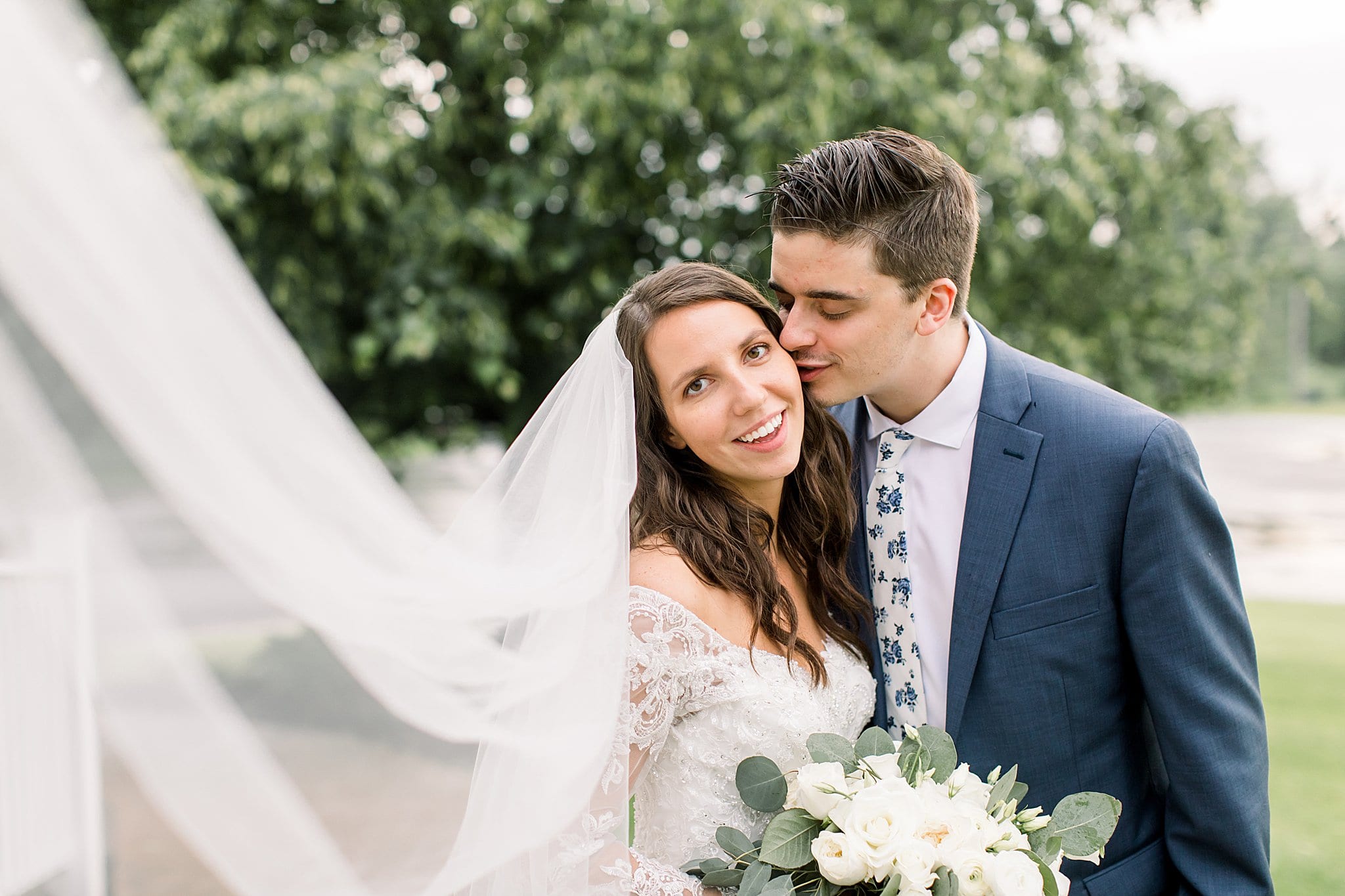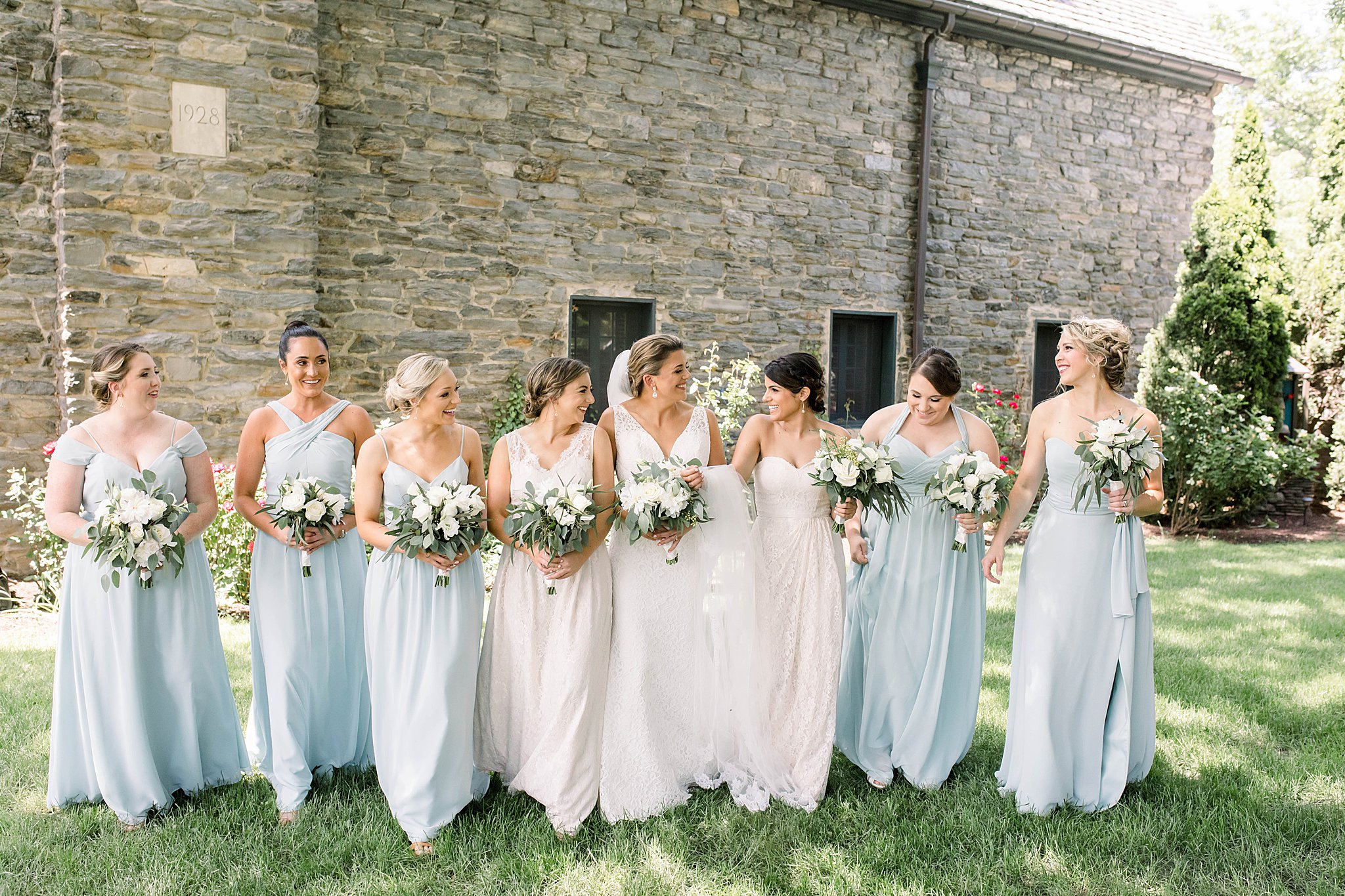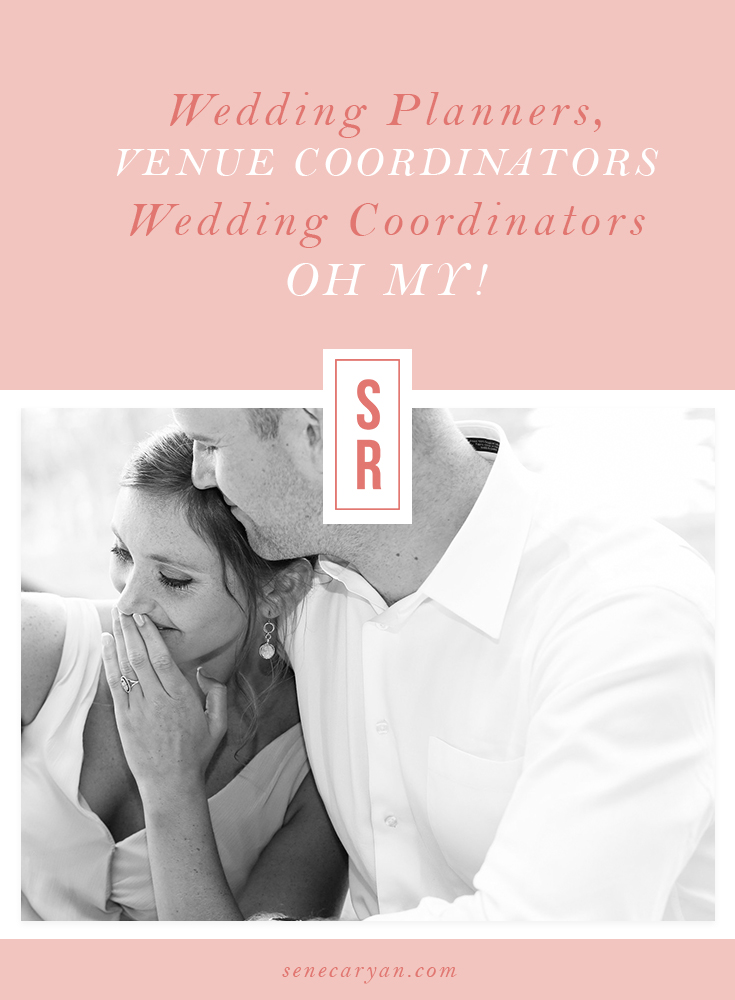
As the holiday craziness begins to settle down and you have the realization that “YOU ARE A BRIDE & HAVE A WEDDING TO PLAN!” (trust us, we understand the excitement & stress that comes with that realization!), we want to come alongside you and offer some help along the way. Ashley is half of the C & A Events team and is here today to share her knowledge on the confusing topic of the differences between venue coordinators, wedding planners, and your family friend who offered to help day of!
I’ve been wanting to write a post like this for quite some time so when Seneca asked for me to write a guest blog post I jumped at the opportunity. Below I will explain the differences between Venue Coordinators, Wedding Planners (full service and partial), and Wedding Coordinators. A venue coordinator is looking out for the best interest of the venue. A wedding planner/coordinator looks out for the best interest of YOU, the bride.
Venue Coordinator or Manager
A venue coordinator is NOT the same as a full or partial service wedding planner. And a venue coordinator is also very different than a month of or ‘day of’ coordinator. While many venue coordinators or managers differ in their level of involvement and attention with each wedding, as a general rule, if there’s anything you take away from this post it’s that. Your venue coordinator(s) or point of contact is NOT a wedding planner even if they have wedding planning experience.
This does not mean a venue coordinator is bad, inexperience, unprofessional or not necessary. It’s actually quite the opposite (assuming your venue is at an actual venue). A venue coordinator is a crucial piece to ensure a flawlessly executed event, and even more so when this person and your outside planner/coordinator can work efficiently together to serve you best.
A venue coordinator’s role is to service the venue and ensure venue related tasks, problems, and staff are taken care of. Most of the time, their roles and responsibilities end there and things not pertaining to the venue specifically become the client’s responsibility (or an outside planner/coordinator’s responsibility). For example, a venue coordinator is responsible for providing you with a list of rules and policies of the space like noise ordinances, candle restrictions, guest capacity, and more. They also ensure venue spaces are ready for vendor set up. But a venue coordinator will not attend a bridal gown appointment with you nor will they provide you with opinions on how long hair and makeup services should take in the morning for your bridal party of ten women. They typically aren’t taking phone calls with clients to handle sticky etiquette dilemmas like invitation ‘plus ones’ or trying to help you decide who should cover the rehearsal dinner bill. If there’s something that doesn’t pertain to the venue specifically, it’s happening outside of the venue, or if it’s very personal in nature, it’s typically not a venue coordinator’s responsibility.
Most venue coordinators are a part of a larger team, they’re often managing many events in one weekend (meaning a lot of couples to connect with during the work week versus the few an outside planner will likely take on), and a lot of the weddings they oversee are like clockwork; in the same place, with similar floorplans, and repeat vendors in the mix. The way they are compensated financially is very different than how an outside planner is paid especially if an outside planner is self-employed versus working under someone for an outside company.
Wedding Planner
A wedding planner is one of the most common wedding roles/job descriptions and there are different types of wedding planners under this job title. There are full service wedding planners and partial wedding planners. There are also event planners who may focus more on events outside of the wedding sphere (this would include corporate functions, non profit as well as galas). A wedding planner is a great first place to start for couple’s looking for guidance.
A full service planner is hired immediately after an engagement and will guide you along the way leading up to ‘I Do.’ From keeping planning progress on an appropriate timeline, suggesting vendors that fit in with your budget and style, managing communication between these vendors, and being present at meetings for or with you, a wedding planner can be a key player in making your wedding day truly come together from the ground up. There is not much that a full service wedding planner does not have a hand in but I will say, every planner is different so it is extremely important to educate yourself on every planner’s company culture and values to ensure your expectations are met and needs fulfilled.
A partial planner is usually hired to come on board and help with the planning process much closer to the wedding day once a couple has done a lot of the leg work planning their wedding already. A couple reasons a couple may choose a partial planner over a full service planner include budget restrictions (full service planners are responsible for a much bigger time commitment which means more working hours for obvious reasons = a higher price tag), or some couples want to do the planning themselves. Truly, there are an array of reasons a couple may opt for a partial planner over a full service planner.
Wedding Coordinating / A Wedding Coordinator
A wedding coordinator is very different than a wedding planner. I’ve made it my personal mission to make it known that these two roles are very different from one another, and always do my best to educate potential clients on what type of company or person they should hire IF I can tell they are confused or uneducated (and this is usually with clients that do not hire me since we don’t offer stand alone coordination services).
I also want to make it clear that the term ‘day of coordinator’ is not truly indicative of that person’s role. I don’t think there is anyone who can truly do ‘day of’ coordinating and here’s why: if you’re hiring a ‘day of coordinator’ to just show up on your wedding day and magically know what needs to go where, who is who, what your expectations are, what the timeline is (speaking of which, where does said timeline come from when someone is working ‘day of”?), well there’s really no way this would feasibly happen. For a ‘day of’ coordinator to do their job well they need to come on board to the planning process at least a month before the event to get caught up to speed on everything that’s been done, as well as prepare a plan for the wedding, and get to know all key players involved. We call this service ‘month of coordinating’ which is at least a month of work leading up to the wedding day.
As for the role a full service or partial planner may play on the wedding day: is typically responsible for managing all involved vendors and companies, handling final payments (provided by client) and gratuities on your behalf, and fixing any problems should they arise. This really barely covers everything a planner does (or should do) within their coordinating duties. By the time your big day arrives, the person you have hired whether they are considered a planner or coordinator will know you, your fiance, potentially your family and friends, and ultimately your wedding day vision in every form and capacity possible. And in my personal opinion if you find a wedding planner that is a perfect fit – they will become your friend or a special piece of memory. In our business alone, I have found that the weddings/couple’s that make the biggest impact in our journey are the ones that fully trust us, become friends with us and feel like family on their wedding day!
You can find more about C & A Event Planning here: http://caeventplanning.com
